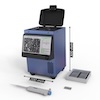 Remoscope: a label-free imaging cytometer for malaria diagnostics Trans R Soc Trop Med Hyg 2025
|
 IL-6 underlies microenvironment immunosuppression and resistance to therapy in glioblastoma bioRxiv, 2025
|
 A Trypanosoma cruzi Trans-Sialidase Peptide Demonstrates High Serological Prevalence Among Infected Populations Across Endemic Regions of Latin America medRxiv, 2025
|
 Proteomic profiling of the local and systemic immune response to pediatric respiratory viral infections American Society for Microbiology, 2025
|
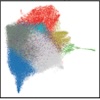 Endogenous antigens shape the transcriptome and TCR repertoire in an autoimmune arthritis model The Journal of Clinical Investigation, 2024
|
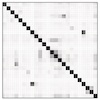 Unveiling the proteome-wide autoreactome enables enhanced evaluation of emerging CAR T cell therapies in autoimmunity J Clin Invest 2024
|
 Total Syntheses of Cyclomarin and Metamarin Natural Products Organic Letters, 2024
|
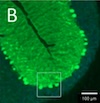 Anti-RGS8 paraneoplastic cerebellar ataxia is preferentially associated with a particular subtype of Hodgkin's lymphoma Springer Nature, 2024
|
 Microbial dynamics and pulmonary immune responses in COVID-19 secondary bacterial pneumonia Nature Portfolio, 2024
|
 Climate, demography, immunology, and virology combine to drive two decades of dengue virus dynamics in Cambodia PNAS, 2024
|
 Molecular mimicry in multisystem inflammatory syndrome in children Nature Portfolio, 2024
|
 Phage Immunoprecipitation-Sequencing Reveals CDHR5 Autoantibodies in Select Patients With Interstitial Lung Disease American College of Rheumatology, 2024
|
| 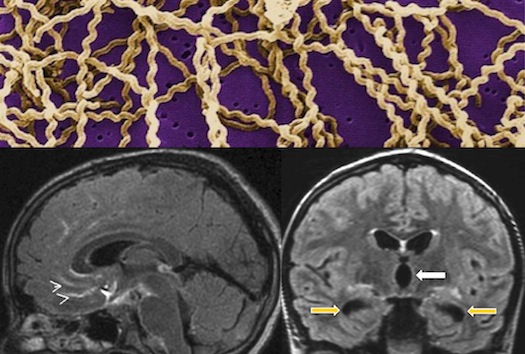 Actionable Diagnosis of Neuroleptospirosis by Next-Generation Sequencing
A 14-year-old boy with severe combined immunodeficiency presented 3 times to a medical facility over 4 months with fever and headache that progressed to hydrocephalus and status epilepticus necessitating a medically-induced coma after starting empiric steroids for a suspected autoimmune condition. An exhaustive diagnostic workup including brain biopsy was unrevealing. In collaboration with Dr. Charles Chiu’s lab (UCSF Department of Laboratory Medicine), unbiased next-generation sequencing of the patient’s cerebrospinal fluid and computational analysis of the results using an ultra-rapid bioinformatics pipeline for comprehensive pathogen detection identified 475 sequence reads out of 3,063,784 (0.016%) corresponding to Leptospira spp. This result was obtained within 48 hours of sample receipt. The patient responded dramatically when treated with appropriate antimicrobials and discontinuation of steroids, and was discharged home 24 days later near his premorbid baseline.
[ Read the Article in the New York Times ] •
[ Press Release ] |
|
